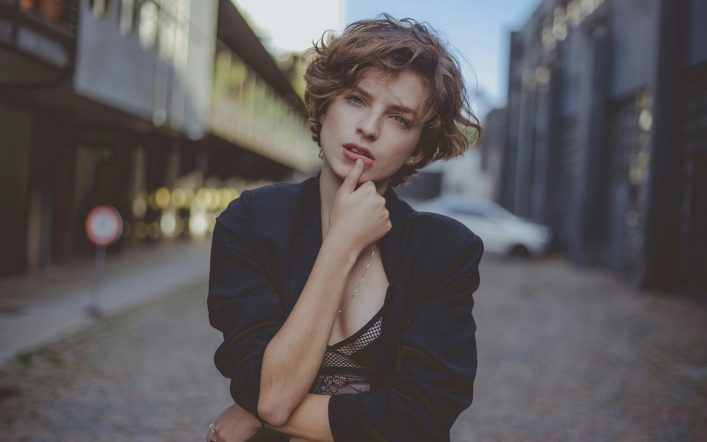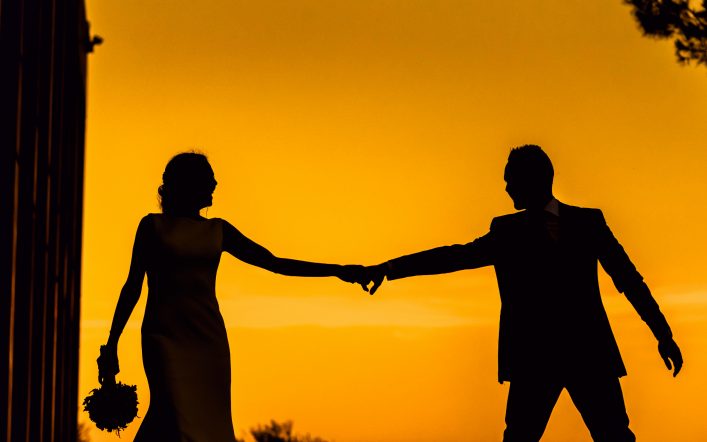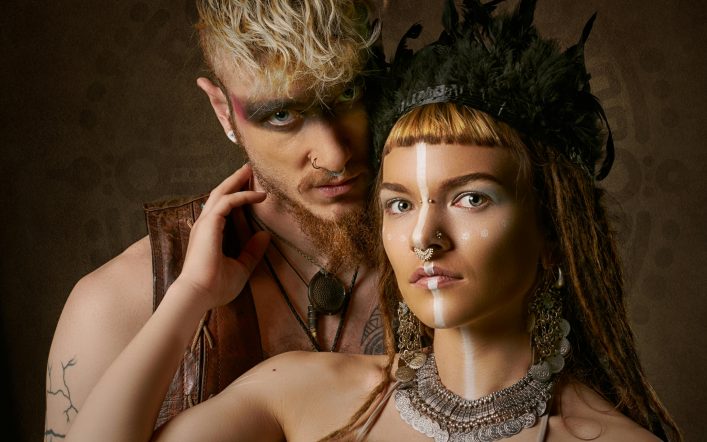When One Person Consumes You

Love is supposed to be the most beautiful feeling in the world, right? It starts with butterflies in your stomach, long conversations that last until sunrise, and an overwhelming sense of connection. But what happens when that feeling goes too far? When the line between love and obsession blurs, and one person becomes the center of your entire universe? Suddenly, it’s no longer about a healthy relationship—it’s about dependency, control, and the sinking feeling that you’re losing yourself in someone else.
It can start innocently enough: you meet someone special, and the chemistry is undeniable. You think about them constantly, eagerly awaiting the next text or phone call. At first, it’s flattering. You feel wanted, important. But soon, those feelings begin to grow beyond their healthy boundaries. What was once a beautiful, shared connection starts to morph into something darker. Your thoughts begin to revolve around them to an unhealthy degree, and your happiness becomes tethered to their every word, glance, or action.
You begin to change the way you live to fit them into your world. You start rearranging your schedule to accommodate their needs, sacrificing time with friends and family, or even your own hobbies. Your own identity, once strong and independent, starts to fade as you become fixated on being everything they want. You rationalize your behavior, telling yourself it’s just how love works—but deep down, you know it’s not love anymore. It’s an obsession.
So why does this happen? The answer lies in the intense feelings that love stirs up. When you fall in love, your brain releases a cocktail of chemicals—dopamine, oxytocin, and serotonin—that make you feel elated, euphoric, and even addicted to the person you’re with. This chemical rush can feel intoxicating. It can lead to an overwhelming desire to be with that person at all times, to seek constant reassurance, and to be in control of their affection.
But what happens when these feelings begin to outweigh rationality? When the highs of love turn into the lows of insecurity, jealousy, and obsession? It’s easy to get trapped in this cycle because our brain becomes conditioned to associate emotional highs with the person we’re fixated on. Instead of experiencing love as a balanced partnership, we become dependent on them for validation, happiness, and a sense of self-worth.
Obsession creeps in when you start losing yourself to someone else. You forget who you were before them—the person who had their own life, passions, and dreams. Instead, you begin to live for their approval. You can no longer differentiate between healthy attachment and unhealthy dependency. The lines become blurred, and your emotional well-being becomes entirely dependent on their actions or moods.
This type of emotional dependence is dangerous. It erodes your self-esteem, leaving you fragile and vulnerable. It isolates you from your support system because you no longer have time or energy for anything outside of the relationship. Worse yet, when the obsession isn’t reciprocated or when your partner starts to pull away, the crash is devastating. You feel lost, broken, and consumed by the pain of rejection. The very person you depended on for happiness becomes the source of your deepest sorrow.
So how do you avoid falling into this trap? The key is self-awareness. Love should add to your life, not take over it. Healthy relationships are built on mutual respect, trust, and independence. You must maintain a sense of self outside of your relationship. Remember, no one person can complete you. True love involves two whole people coming together to share their lives, not to control or consume one another.
If you feel yourself slipping from love to obsession, take a step back. Reconnect with your own identity. Lean on friends, family, and hobbies that make you feel fulfilled outside the relationship. Seek help if necessary, because obsession isn’t love—it’s a dangerous path to losing yourself.
In the end, love is meant to elevate you, not trap you. True love allows you to be yourself while growing together, not losing yourself in the process. When you can love freely, without fear or control, you can experience the kind of connection that brings joy, not chaos.




